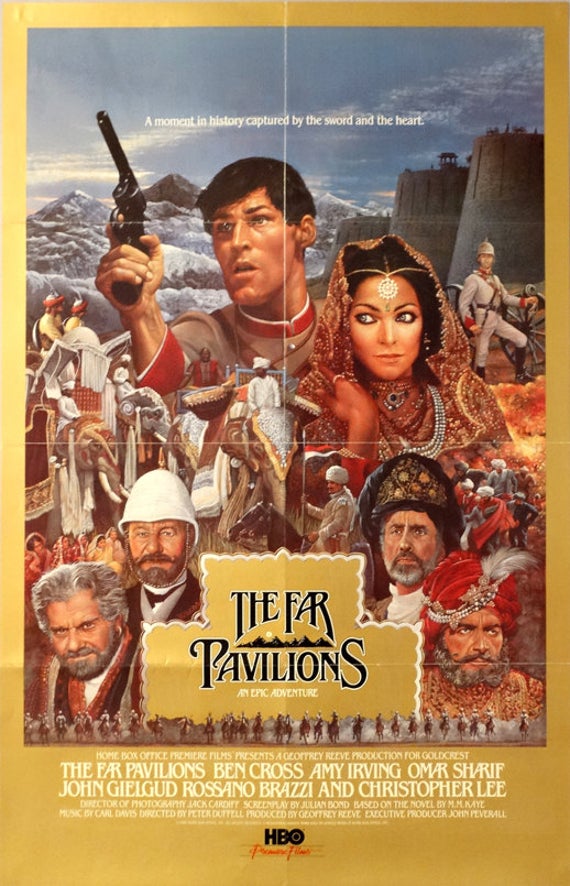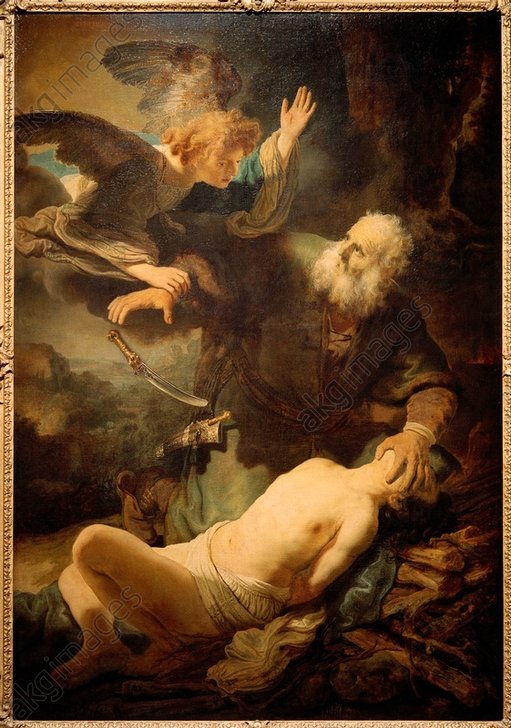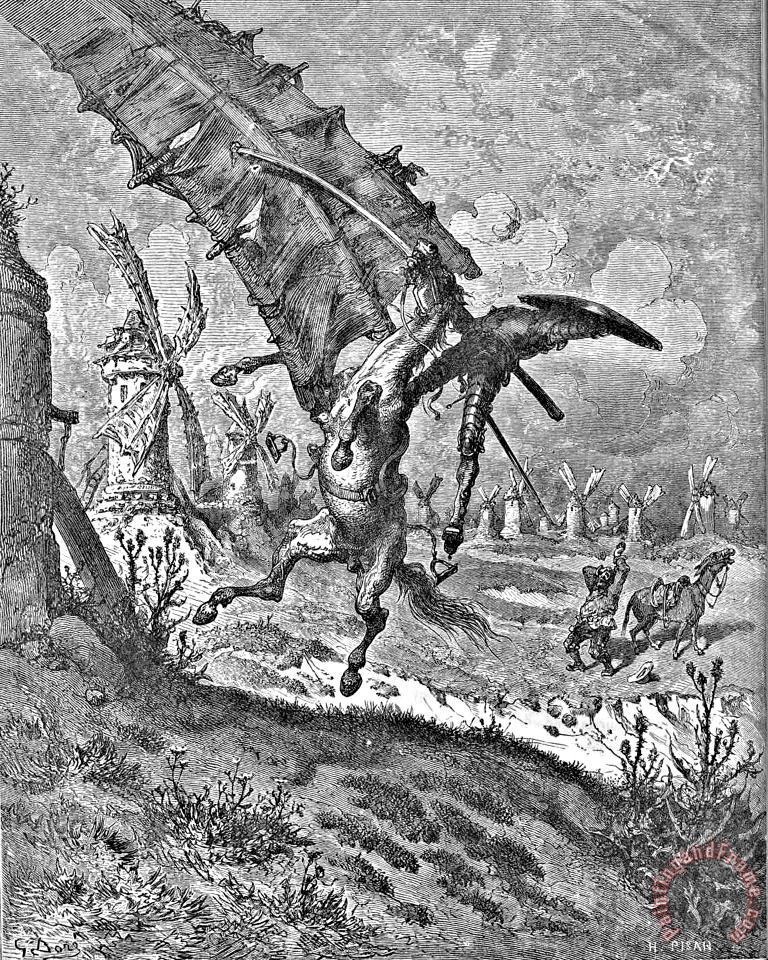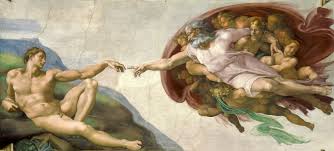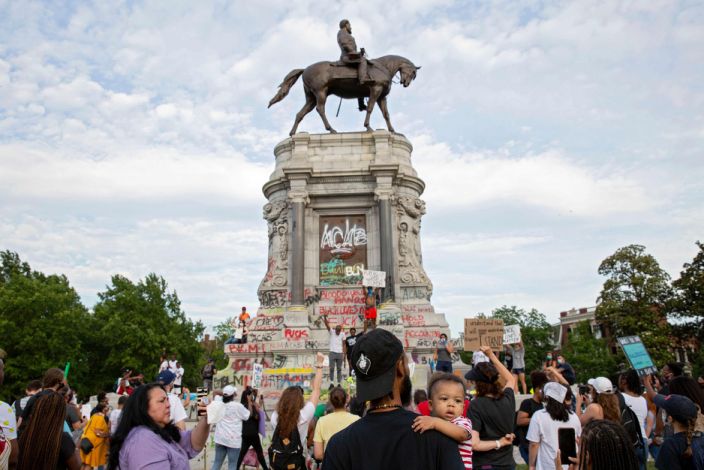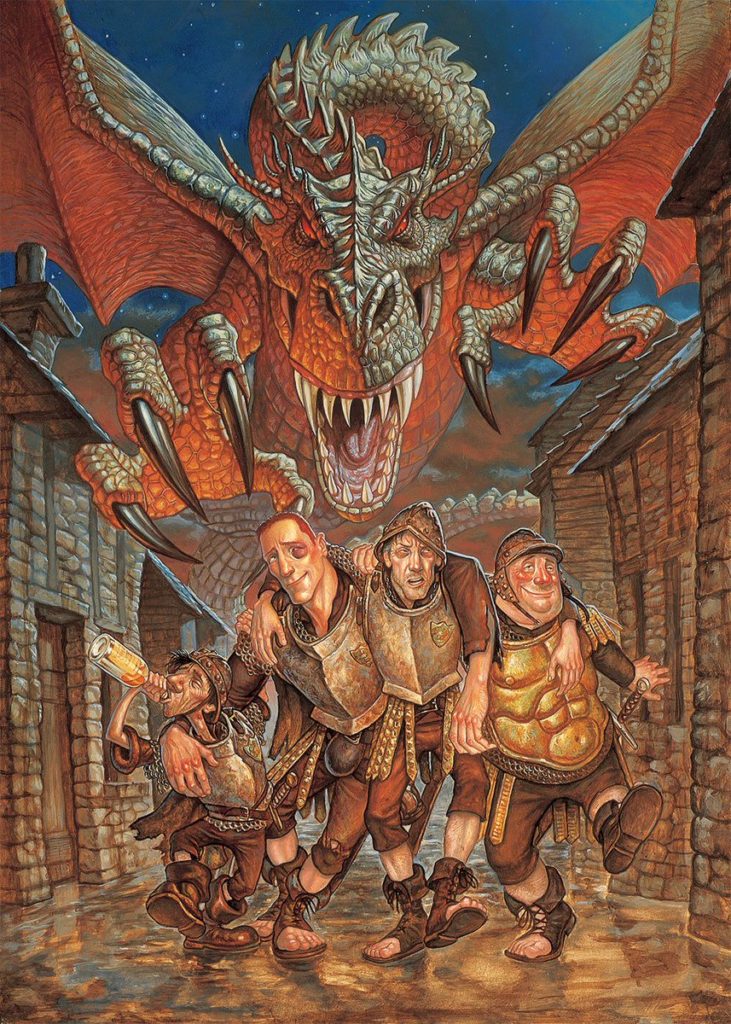
Wednesday
Increasingly it appears that there is nothing that Trump can do or say that will cause GOP legislators to protest. Separate children from their immigrant parents and lock them in cages? Silence. Refer to fascists as good people? Silence. Prefer autocrats to his own intelligence services? Silence. Botch the coronavirus response? Silence. Fire all the inspectors general monitoring his behavior? Silence. Have police use tear gas to clear away peaceful protesters for a presidential photo op? Silence. Lobby for special favors for Vladimir Putin after hearing that the Russian president offered bounties for killing American troops? Silence.
Granted, not absolute silence. Rather, quiet mutterings of discontent and anonymous complaints, which are even worse. The current GOP reminds me of the civic leaders in Terry Pratchett’s comic fantasy novel Guards! Guards!
A dragon has been conjured up by executive secretary Wonse, who overthrows his boss and establishes the dragon as king. A number of the city’s leading figures are then assembled to function as “privy councilors.” When one of them wonders about the difference between ordinary councilors and privy councilors, another replies, “It is because you’re expected to eat shit.”
Or as NeverTrumper Rick Wilson describes the fate of the president’s allies, “Everything Trump touches dies.”
If they’re honest, Republican members of Congress will recognize themselves in the following scene, where Wonse addresses the newly appointed councilors while the dragon looks down silently from the ceiling:
The silence purred at them as Wonse talked. They avoided one another’s faces, for fear of what they might see mirrored there. Each man thought: one of the others is bound to say something soon, some protest, and then I’ll murmur agreement, not actually say anything. I’m not as stupid as that, but definitely murmur very firmly, so that the others will be in no doubts that I thoroughly disapprove, because at a time like this it behooves all decent men to nearly stand up and be almost heard…
But no one said anything. The cowards, each man thought.
“Murmur very firmly.” “Nearly stand up and be almost heard.” What better description of Trump Republicans’ response to each new outrage? Equally reprehensible is how they have managed to rationalize everything Trump does. We see such Pratchett’s populace engaged in such rationalizing at the feast celebrating the new king:
…it had been a very interesting day, and the people of Ankh-Morpork set great store by entertainment.
“The way I see it,” said one of the revelers, halfway through a huge greasy lump of half-raw meat, “a dragon as king mightn’t be a bad idea. When you think it through, is what I mean.”
“It definitely looked very gracious,” said the woman to his right, as if testing the idea. “Sort of, well, sleek. Nice and smart. Not scruffy. Takes a bit of pride in itself.” She glared at some of the younger revelers further down the table. “The trouble with people today is they don’t take pride in themselves.”
Another reveler, invoking strategies mentioned in Trump’s Art of the Deal, looks at the diplomatic advantages:
I mean, your actual dragon, it’s got these, basically, two sorts of ways of negotiation. Hasn’t it? I mean, it’s either roasting you alive, or it isn’t.
Some members of the populace even manage to rationalize the dragon’s insistence that virgins be offered up as regular sacrifices. One man, sounding like Sen. Ron Johnson and those others willing to write off Covid deaths as necessary sacrifices, asks why fight the dragon when there’s an easier route:
“How many people [would get sacrificed]? Out of the whole city, I mean. Perhaps it won’t need to burn the whole city down, just some bits. Do we know what bits?…It just pays to think things through first, that’s all I’m saying. Such as what happens even if we beat the dragon?”
“Oh, come on!” said Sergeant Colon.
“No seriously. What the alternative?”
“A human being, for a start!”
“Please yourself,” said the little man primly. “But I reckon one person a month is pretty good compared to some rulers we’ve had.”…
There was a certain amount of mumbling of the “he’s got a point” variety.
The cynical Captain Vines, head of the Night Watch, finds this is too much even for him:
If there was anything that depressed him more than his own cynicism, it was that quite often it still wasn’t as cynical as real life.
Our own cynicism is tested by what Republicans are willing to stomach in exchange for rightwing judges and tax cuts. Like Wonce, they thought they could control the dragon, only to learn it has a mind of his own.
The city’s patriarch, once he is restored to power, does a good job of summing them up:
“Down there,” he said, “are people who will follow any dragon, worship any god, ignore any iniquity. All out of a kind of humdrum, everyday badness. Not the really high, creative loathsomeness of the great sinners, but a sort of mass-produced darkness of the soul. Sin, you might say, without a trace of originality. They accept evil not because they say yes, but because they don’t say no.
I suspect T.S. Eliot’s “Hollow Men” has played a role in Pratchett’s formulation here, and the go-along-to-get-along souls in Dante’s Limbo also come to mind (see my essays below). Why fight the dragon when you can pledge your loyalty to it and then watch it fry the people you hate?
Further thought: Pratchett’s cynical patrician differs in one significant way from today’s Republican Party. He at least is interested in effective governance. Political writer Steve Benen, author of The Impostors: How Republicans Quit Governing and Seized American Politics, argues that the GOP has become a “post policy party.” It’s more interested in power than in ensuring the country works.
To riff off a passage from Karl Shapiro’s poem “Auto Wreck,” it spatters all we know of functional governing across the expedient and wicked stones.
Blog Posts on Trump Enablers
McMurtry: Ride with an Outlaw, Die with Him
Dante: Dante’s Place for GOP Moderates
Shakespeare, Eliot: Trump as Low Rent Lear, GOP as Hollow Men
Tolkien: Think of Trump Enablers as Wormtongue
Carroll: The GOP through the Looking Glass
Chaucer: Chaucer’s Merchant’s Tale and a Trump-Enabling GOP
Shelley: The GOP Marries Its Monster
Carver: Raymond Carver Explains Trump’s Rise
Rowling: Lucius Malfoy on Enabling Trump

